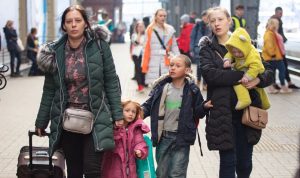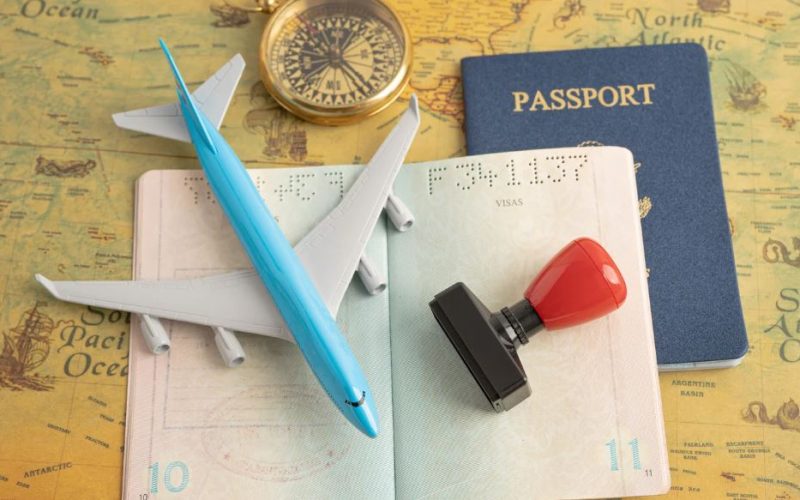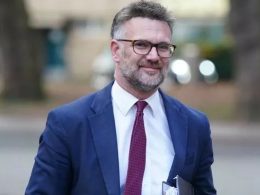On this 20th anniversary of the 7/7 bombings, London pauses to remember the 52 victims. Two decades on, questions remain: how safe are we, and how have immigration policies shaped that safety?
While some communities adapt quickly, for others, settling in the UK has been far from easy raising concerns about how well current systems support long-term stability and cohesion.
Why Don’t Migrants Settle Easily in the UK?

The Weight of 7/7 and Ongoing Terror Warnings
On 7 July 2005, suicide attacks struck London’s transit network. The UK implemented sweeping counter-terror reforms. The national threat level has stayed at substantial or higher ever since. In late 2024, MI5 and JTAC reported six foiled plots, the most since 9/11.
Assistant Commissioner Matt Jukes said that terror intelligence rose 25% after October 2023, calling the UK threat “unprecedentedly unstable, dangerous and uncertain”. These warnings remind us that deployment of security measures remains critical in London and across the UK.
Immigration from Arab-majority Nations: Why Settling in the UK Isn’t Easy?

Since 2005, the UK has seen a sharp rise in immigration from Arab-majority countries. Net migration topped 1.2 million in 2023. Of these, a rising share came via Channel crossings and from Middle Eastern nations.
Data from the Ministry of Justice shows Iranian (2.4%), Iraqi (2.5%), and Somali (2.4%) nationals constitute 7.3% of the foreign prison population. Somali-born prisoners number 268 per 10,000, one of the highest rates in the UK.
Statistical links have been drawn between immigration and isolated crime trends. A YouGov poll found 56% of people believe migration increases crime.
However, academic analysis notes that migrants overall are not more violent than locals, though some disadvantaged groups show elevated property‑crime rates.
Anecdotal stories have surfaced, too. In East London, community leaders report a rise in youth violence within newly settled Arab and Somali families. One resident said: “We see more stabbings and gang disputes. Some young families are losing their kids to street life.”
In particular, the Somali community has grown significantly, especially in London boroughs like Tower Hamlets, Camden, and Hillingdon. According to ONS data, there are now over 100,000 people of Somali descent living in the UK.
However, the community has faced persistent challenges, including poverty, unemployment, and youth disengagement. These struggles have, in some cases, translated into higher crime rates among Somali males, especially young men.
Ministry of Justice figures show that Somali-born individuals are over-represented in the UK prison system, with 268 prisoners per 10,000 Somali-born residents, one of the highest proportions among immigrant groups.
Community leaders have highlighted a lack of youth services and educational support as major risk factors. In areas like Barking and Dagenham, Somali families have reported concerns about gang activity and recruitment.
One mother, who lost her 17-year-old son to knife crime, said: “We came here for peace. But our children are fighting wars in the streets.”
While the majority of Somali immigrants live law-abiding lives, their communities often feel let down by both government services and integration efforts. Addressing these issues is critical to ensuring safety, stability, and shared prosperity for all.
Calls to “Globalise the Intifada” and Intimidation Risks
Since 2023, pro‑Palestinian activists have called to “globalise the intifada”. Some protests in London have featured chants of this slogan, causing concern among security services.
Most remain peaceful demonstrations. Yet during protests in Whitehall late 2024, police made over 190 arrests for public order and hate crimes.
One protester was detained after throwing a firework at police lines. Jewish community leaders voiced fear as banners referencing Hamas and anti-Israel slogans reappeared.
These events show how international rhetoric can seep into domestic unrest. They remind us of the need for prevention and careful policing.
Terror Threat Levels and Their Impact on Safety
Today, the UK’s terror threat level remains at substantial, meaning an attack is likely. Intelligence reports suggest an increase in home-grown extremists acting alone or inspired online.
Immigration has a role to play. While most immigrants integrate and add to UK life, some immigrants arrive with trauma or extremist ideologies. Cases like the arrest of an alleged Palestinian militant, Abu Wadee, caught after a Channel crossing, highlight that threat.
However, immigration is also essential: around 20% of NHS staff are foreign-born, and hundreds of thousands of visas granted yearly fill critical skills gaps .
Life in London Today: Reflections and Reassurance

So, just how safe is London in 2025? Public surveys suggest growing concern. A YouGov report found 62% of Londoners feel less safe now than five years ago. Some say they avoid night-time travel or crowded places.
Yet daily life continues undisturbed for most. Transport, shopping, and cultural events go on. Security presence is visibly stronger but discreet. Anecdotal evidence shows families returning to central parks and West End theatres.
Safety experts argue for a three-fold strategy: strong vetting at entry, community-based integration programmes, and sustained work against extremist messaging online and offline.
Where Next? – Balancing Security and Solidarity
As we mark the anniversary of the 7/7 bombings, London stands at a crossroads. Immigration policies have become stricter yet society remains welcoming. The terror threat hangs over us, while protests remind us of global tensions.
If we are to increase our sense of safety, we must not lean solely on borders and policing. Social investment in cohesion, education, and counter‑extremism is just as vital.
Calls to “globalise the intifada” underline the way distant conflicts shape our cities. We must strive for a balance: firm on law, compassionate in integration, vigilant in security.
For London and the UK, this anniversary demands honest reflection. We honour the memory of 7/7 victims by building a society where safety, openness, and unity endure.









